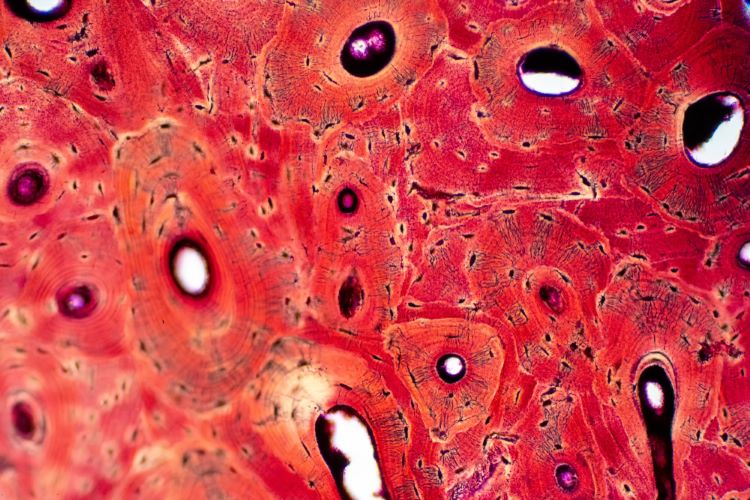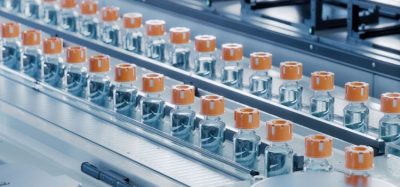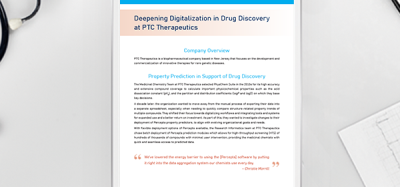BCMA CAR T therapy facilitates potential autoimmune breakthrough
Posted: 1 February 2024 | Catherine Eckford (European Pharmaceutical Review) | No comments yet
First use of a BCMA CAR T-cell therapy for immune-mediated necrotising myopathy (IMNM), enabled sustained depletion of autoantibodies beyond 18 months, a study shows.


Positive results from the first global study for chimeric antigen receptor (CAR)-antologous T cell (BCMA CAR T) injection (Equecabtagene Autoleucel) in immune-mediated necrotising myopathy (IMNM), suggest that the cell therapy could provide a new therapeutic option for antibody-mediated autoimmune disorders.
the cell therapy could provide a new therapeutic option for antibody-mediated autoimmune disorders”
IMNM is an autoimmune-mediated skeletal muscle disorder belonging to an idiopathic inflammatory disease.
In this initial clinical study of the BCMA CAR T therapy, investigators evaluated the safety and efficacy of Equecabtagene Autoleucel infusion in relapsed/refractory antibody-mediated idiopathic inflammatory diseases of the nervous system.
The treatment was assessed in one patient with a seven-year history of anti-signal recognition particle (SRP) antibody-positive refractory IMNM.
Before the treatment, the patient was paralysed, bed-bound and unable to lift their arms above their head, IASO Bio explained.
They had experienced repeated relapses and enduring injuries even after receiving multiple prior therapies including steroids, CD20 monoclonal antibodies, interleukin-6 (IL-6) receptor antagonists and mesenchymal stem cell infusion.
Designed to target the fully human B cell maturation antigen (BCMA), the CAR T injection assessed in the study demonstrated durable pathogenic antibody clearance and potentially persistent clinical efficacy, IASO Bio shared.
Equecabtagene Autoleucel injection – initial study results
While the patient developed grade 1 cytokine release syndrome (CRS), no immune effector cell-associated neurotoxicity syndrome (ICANS) was observed with the BCMA CAR T treatment, IASO Bio confirmed. Only transient hemocytopenia was observed. There were no new safety risks found when compared to the safety profile in the studies of multiple myeloma indication.
According to the company, CAR T cell expansion in the patient after the Equecabtagene Autoleucel infusion was “good”. Additionally, the patient’s serum SRP antibody level declined “rapidly and remained at a very low level”. This was in a significant improvement, having being high prior to treatment.
Long-term follow up data on the CAR T-cell therapy injection
According to IASO Bio:
The 18-month follow-up after the study found that the patient’s clinical symptoms continued to improve.
Three months after infusion of Equecabtagene Autoleucel, the patient’s strength of extremities improved significantly. For example, the patient could lift their arms with little effort was able to walk again.
[These initial results from the Equecabtagene Autoleucel injection study point to] another important breakthrough in the field of autoimmune diseases”
“This is the first time globally to apply BCMA CAR T-cell therapy to treat immune-mediated necrotising myopathy (IMNM), which is another important breakthrough in the field of autoimmune diseases after the successful treatment of neuromyelitis optica spectrum disorders (NMOSD) with BCMA CAR T,” stated principal investigator Professor Wang Wei from Tongji Hospital, Tongji Medical College, Huazhong University of Science and Technology.
Results from the BCMA CAR T study were published in PNAS.
Related topics
Antibodies, Biologics, Biopharmaceuticals, Clinical Development, Clinical Trials, Drug Development, Drug Safety, Industry Insight, Research & Development (R&D), t-cells, Therapeutics
Related organisations
Related drugs
CAR T-cell therapy, CAR-T, cell therapy, Equecabtagene Autoleucel
Related people
Related diseases & conditions
Autoimmune diseases, immune-mediated necrotising myopathy (IMNM)









